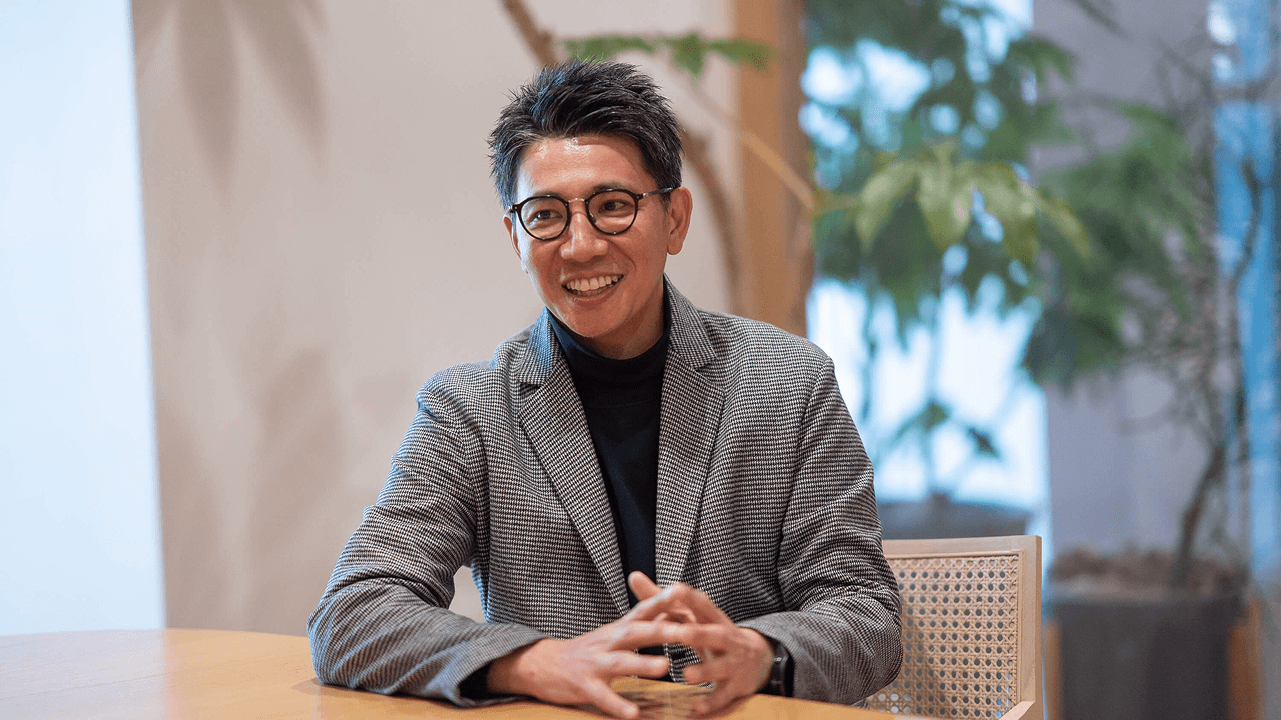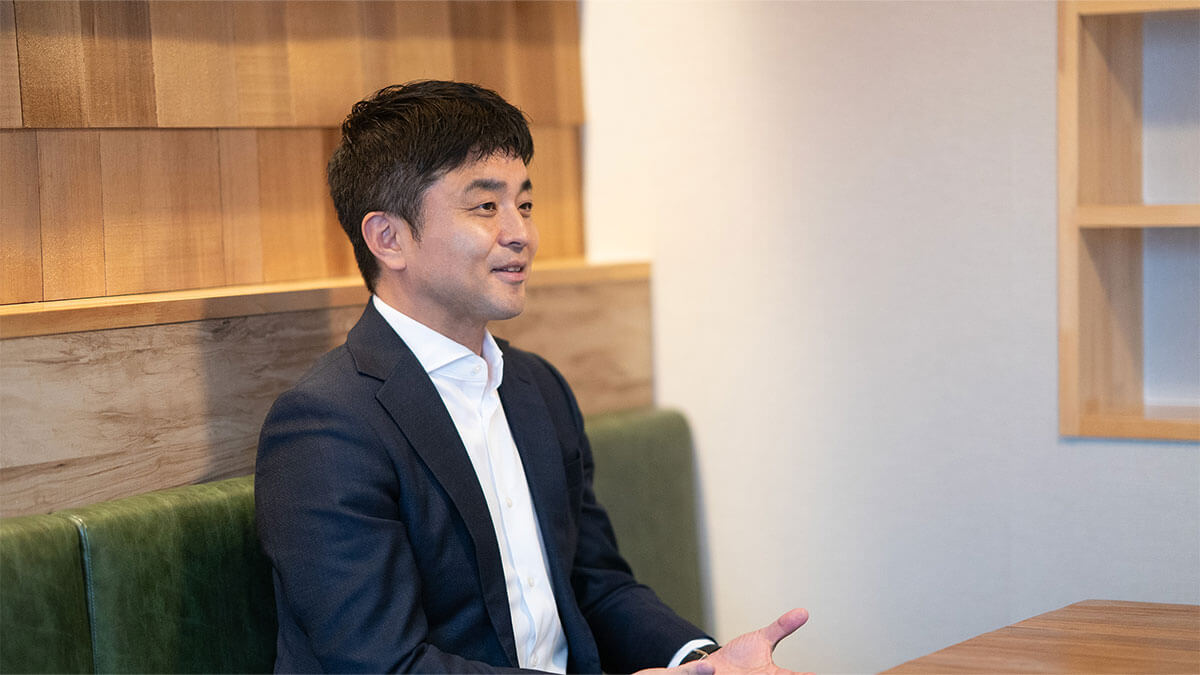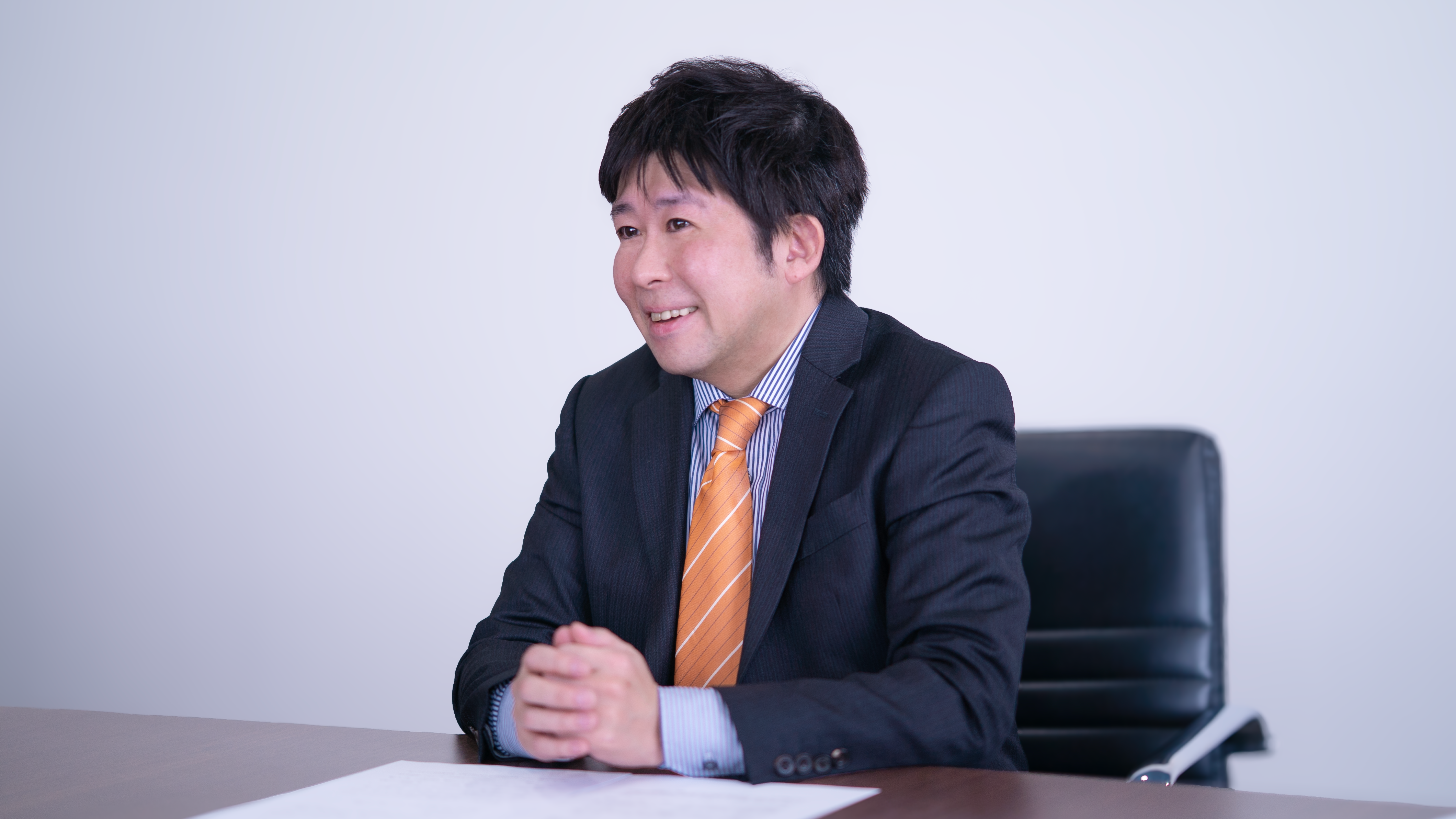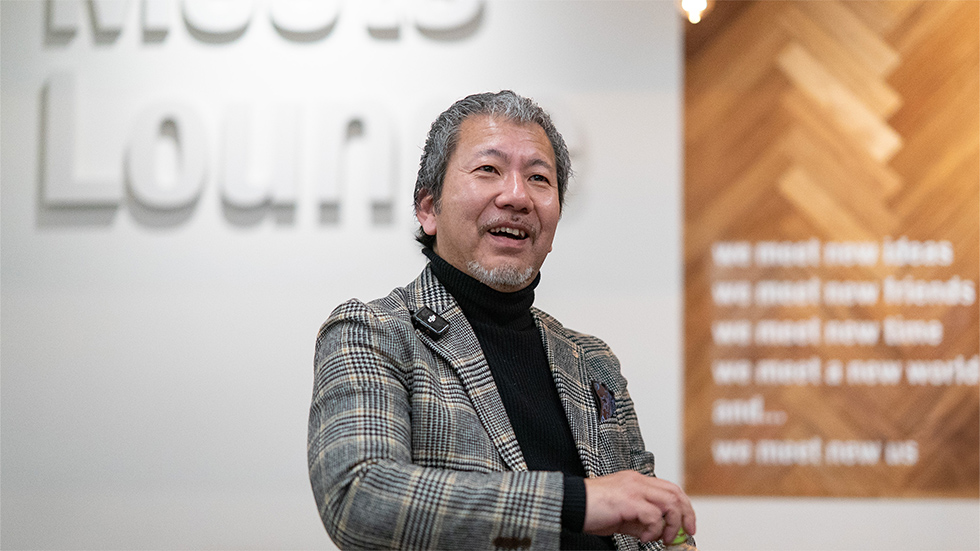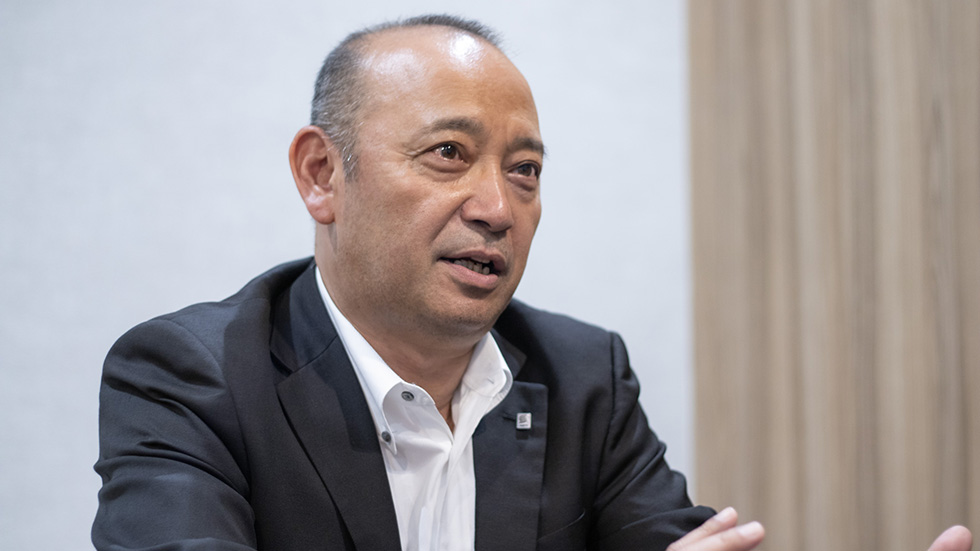2020.10.30
Special Dialogue Plan (Part 1): Interview with Mr. Miki, President of Tokyu Housing Lease, about efforts to promote digitization
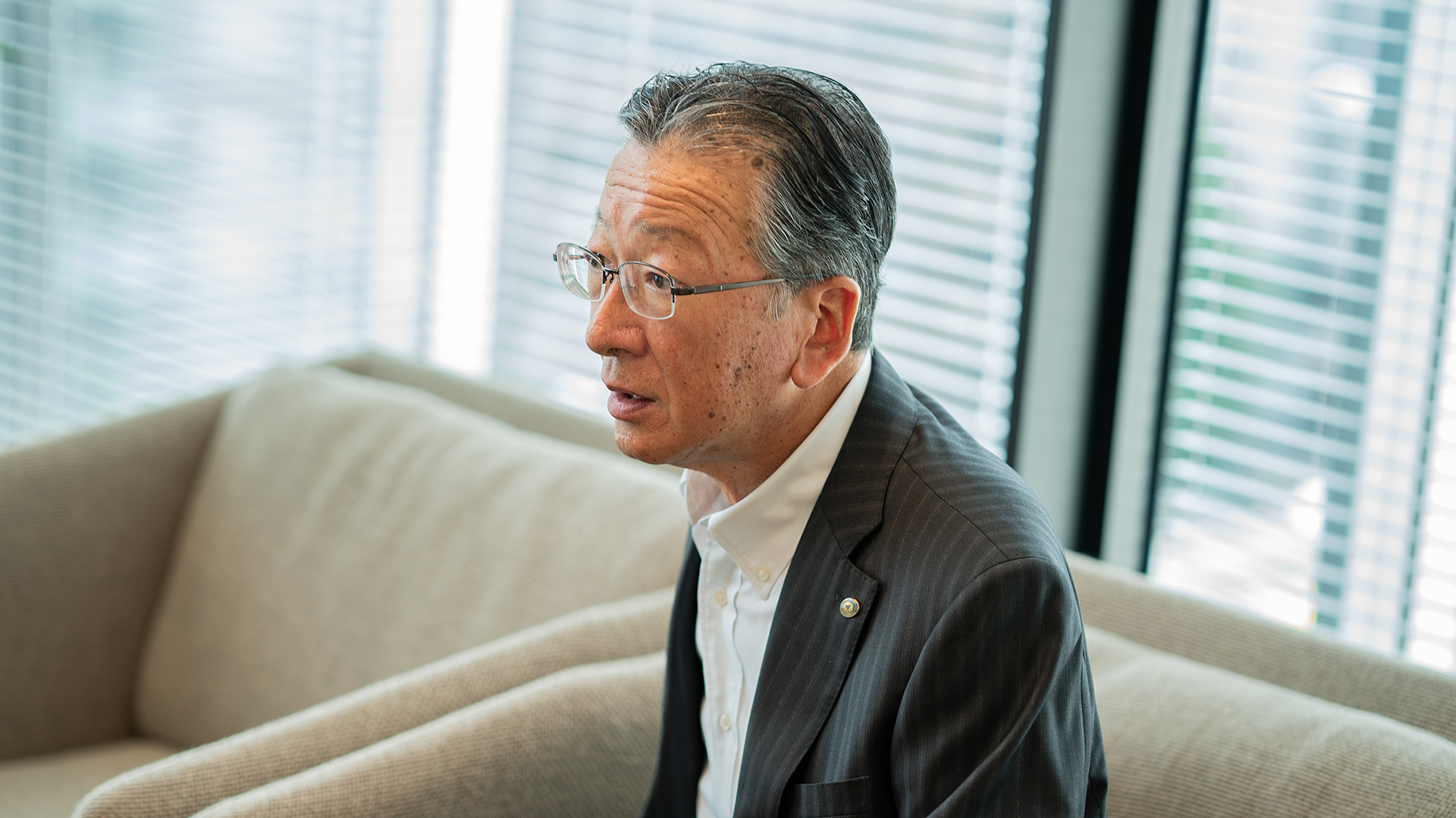
We have invited Mr. Miki, President and CEO of Tokyu Housing Lease Corporation, to join us for a special event to talk about the real estate industry. In part 1, we spoke with the president about his career so far, his company’s business trends, and the importance of digitizing the operations of property management companies in the new normal.
(Part 1 / 2)
Guest Profile
Mr. Katsushi Miki, President of Tokyu Housing Lease Corporation
After graduating from Political Science and Economics at Waseda University in 1982, he joined Tokyu Land Corporation. He was transferred to Tokyu Livable in 1995. In 2002, he became general manager of the Kansai Branch Business Promotion Department of the company, and in 2004, general manager of the Business Planning Department of the Solution Division of the company. In 2012, he became Director, Managing Executive Officer, and General Manager of the Distribution Business Division of the company. In 2014, he was Director and Senior Executive Officer of the company; in 2018, he was Executive Vice President of the company. He was inducted as the president and CEO of Tokyu Housing Lease in April 2019.
TOC
Moving to Kansai to work in sales and marketing, human resources, and planning
– First of all, I’d like to ask you about yourself, Mr. Miki. I understand that you joined Tokyu Land Corporation after graduating, but could you tell us about your background and history?
President Miki: 40 years ago, I joined TOKYU LAND CORPORATION because I was interested in urban development, such as buildings and commercial facilities. At that time, Tokyu Land Corporation was focusing on development along the railroad lines, and it was time to start large-scale urban development along the railroad lines. I remember feeling the potential for new possibilities. After all, in the last 40 years, I’ve been largely uninvolved in the urban development I wanted to do, and although it’s a very different path from the corporate life I had in mind but I am happy with the way it turned out.
– In your 40-year career, you have worked in a wide variety of roles, including sales and marketing, human resources for the Kansai region, as well as in business planning.
President Miki: I have never raised my hand and asked for it, but it was a career that involved a lot of transfers. In each place I have gained something, I have learned the sales mindset in sales brokerage, I have gained a deep understanding of the mission of bringing people to life throughout the organization in human resources, and I have experienced adversity in Kansai, where the Tokyu name and value of the company did not work at all.
One of the most memorable moments was in the field of sales. I think it was very valuable for me to accumulate experience in building a trusting relationship with our customers. Also, I was transferred to a middle management position in Osaka, where I met my boss, who was an extremely people-oriented person, and I was able to engage in management while observing his skill in organizing the organization up close.
Management that allows each person to play an active role.
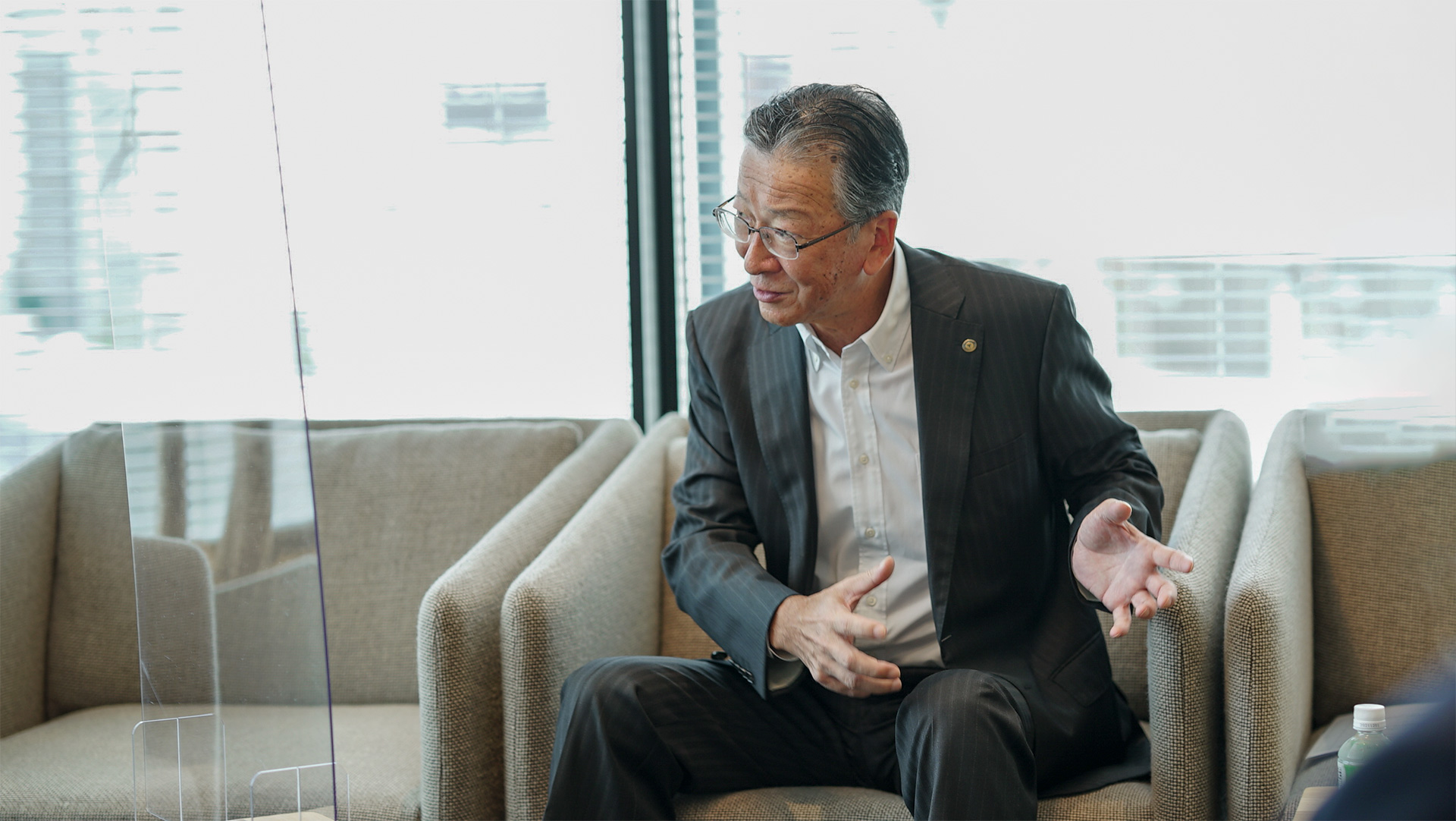
– Could you tell us again what Tokyu Housing Leasing Company is currently doing?
President Miki: Tokyu Housing Leasing was established in 2014 by integrating the rental management businesses of three companies in the Tokyu Land Holdings Group. We support rental management by managing rental apartments and other properties owned by real estate owners.
As for scale, the number of units managed exceeded 100,000 in July 2020. We have grown relatively steadily as we work with a wide range of clients, from individuals to corporations to institutional investors. The business itself has been in operation for decades, since the days of the former three companies, so we believe this is a result of the fact that our work has been appreciated for its long-term commitment to helping customers.
– I understand the many hardships you faced as you grew your business. What do you regard as important in management, President Miki? I would like to ask you about the impact of the coronavirus, such as the start of telework, as well.
President Miki: Basically, we try to operate in a way that allows each individual to play an active role, which is a guiding principle I developed when I was in human resources.
As for Covid-19, we, the management, was faced with a major challenge of how to respond to a sudden change in the environment. The numerical damage to the rental management industry caused by Covid-19 is less severe than in the restaurant and lodging industries, but we need to consider the future of the rental management industry as the world and ways of working change, and we are feeling defensive.
We have always looked at the need for telework as a way to establish an environment that would allow us to continue our business in the event of a disaster, not just for Covid-19. In the midst of this situation, coronavirus broke out, and we started teleworking as a way to protect the safety and security of our employees, but we found it difficult to do so with just a shout from senior management. The challenges of decreased productivity, difficult communication, and external inconvenience to customers became apparent. We are currently working to improve the environment from there, one by one, to come up with solutions.
– Unlike development and buying and selling, where the results are easy to understand in the real estate industry, isn’t management, working behind the scenes, an aspect of the real estate industry where it’s difficult to see whether employees are fairly valued by the company? Considering the difficulties of direct communication under coronavirus and the uncertainty of unprecedented events, how do you, as a representative of the company, deal with the site of the rental management business?
President Miki: In order to refrain from direct contact under the coronavirus the means of getting the message to employees has changed. In the past, large groups of people used to gather together for lectures, policy briefings, and internal awards, but we switched to non-contact methods such as video messages. Even though I still talk to them, I think there are some aspects of non-face-to-face communication that are difficult to convey a sense of temperature and atmosphere.
What I have in mind every time I make a video is to keep saying the same thing as a manager, without changing the core of my message, even though the themes of the videos are different.
I try to make sure that all employees know that it’s not just a nice superficial message, but my heartfelt intentions and thoughts.
Certainly, the work of rental management is not the nature of a big result that comes out suddenly, but continuity and accumulation are important, and it is a large part of this industry that requires a steady hand. At the same time, however, we want to increase the satisfaction of each person involved, and at the same time, we want to create an organization that specifically eliminates the stresses of work, so that employees can ultimately take pride in their work and the company.
We want to realize digitalization as early as possible in the industry.
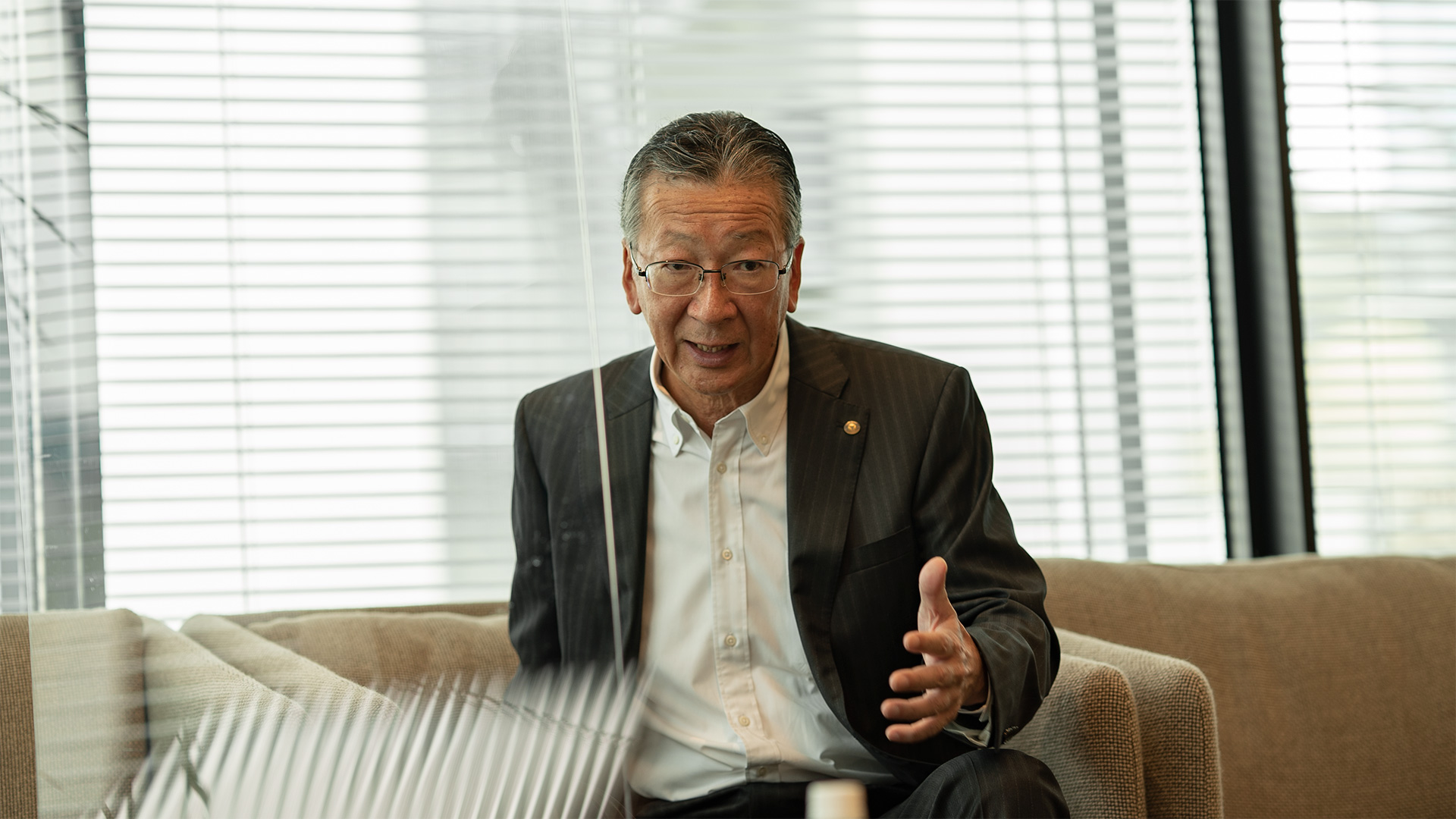
– With the impact of the coronavirus, how to incorporate digital and technology into rental management is going to be a big theme in the future, right? Despite the differences in terminology, such as DX, digitalization, and operational efficiency, what is President Miki’s view on the use of technology in business and services?
President Miki: While the real estate industry has grown at a distance from digital in some areas, it’s essential to actively incorporate digital for future growth. Of course, we have to meet our customers’ expectations, but rental management is a labor-intensive business, so to put it plainly, we believe it’s important to use the power of digital to improve efficiency in order to produce results and increase employee salaries, and we’ve communicated this to the field.
– I’ve heard that there is a lot of negative reaction to digitalization from the field, not just in the real estate industry, but it’s an interesting message from the top management that they also focus on increasing salaries as an objective.
President Miki: Satisfying customer expectations, growing the company, and improving the treatment of employees are not made up of any one of these three factors, but are closely interrelated in their impact on one another. The growth of the company should not be built on the burden of the employees, and I mentioned earlier that I want our employees to be proud of their work, and I want them to be proud of the way they are treated. Digitalization leads to improvements in the quality and convenience of service to customers, and the company’s value increases when it is appreciated, which is a plus for the employees themselves, and also I want each employee to be willing to steer the ship forward. I also believe that digitalization of business operations is an important factor in promoting telework in order to achieve a good work-life balance for our employees.
– Could you give us an example of digitalization in Tokyu Housing Lease?
President Miki: For example, we are using RPA to automate internal office work, introducing a system that allows prospective tenants to make an application online, and introducing a system that allows owners of rental condominiums and other properties to manage their income and expenses online and through an application. Particularly, for overseas owners, we have introduced your company’s “Wealth Park” that can manage income and expenses in multiple languages (English, traditional Chinese, simplified Chinese) and this is being used by our owners. Recently, in October, we also introduced a service that allows tenants to cancel their contracts online.
There will surely come a day when a series of procedures and tasks related to lease management can be completed without contact and through the web, and we would like to be among the first in the industry to achieve digitalization.
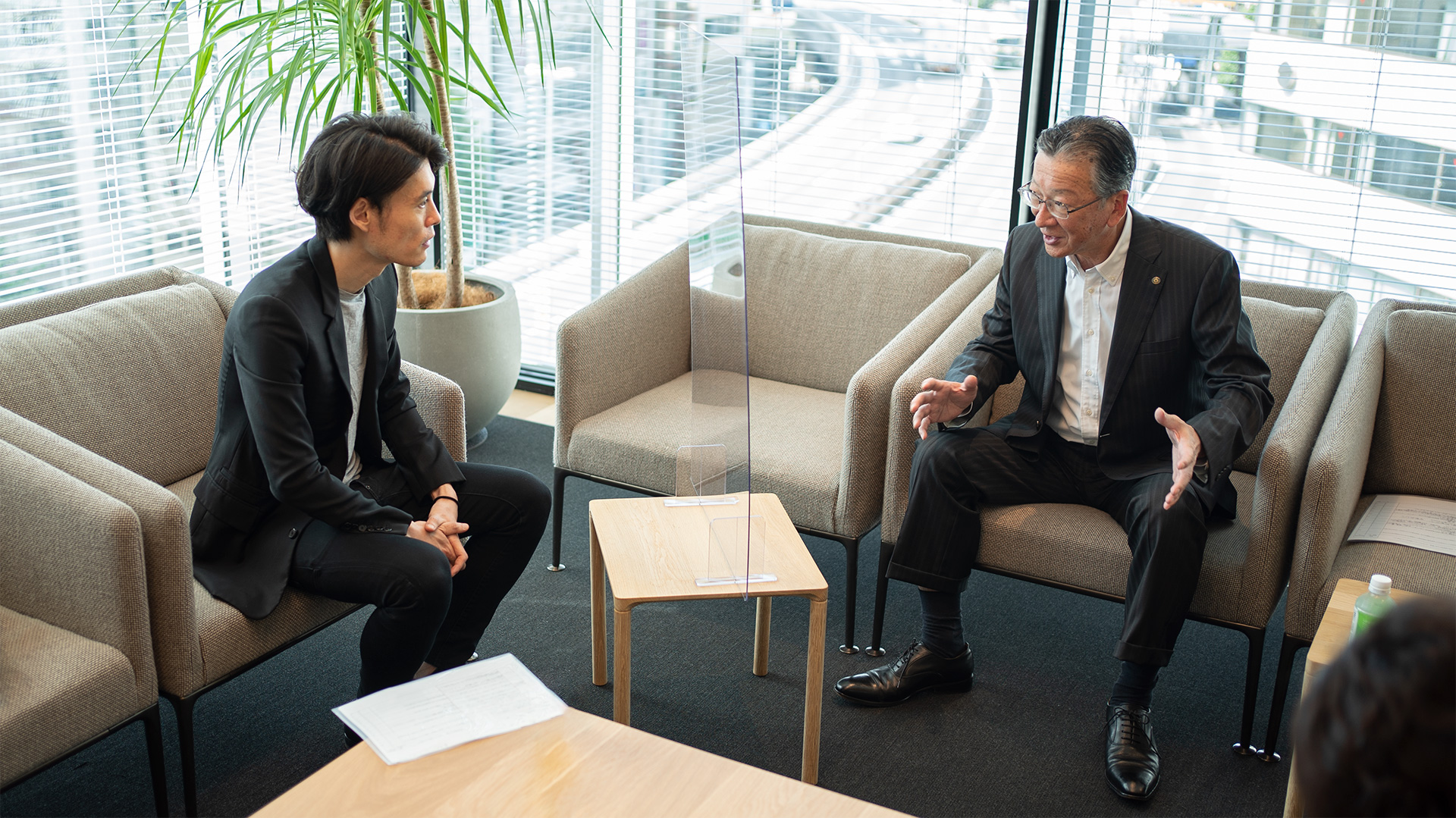
Interviewer: Ryuta Kawada, Founder & CEO, WealthPark
